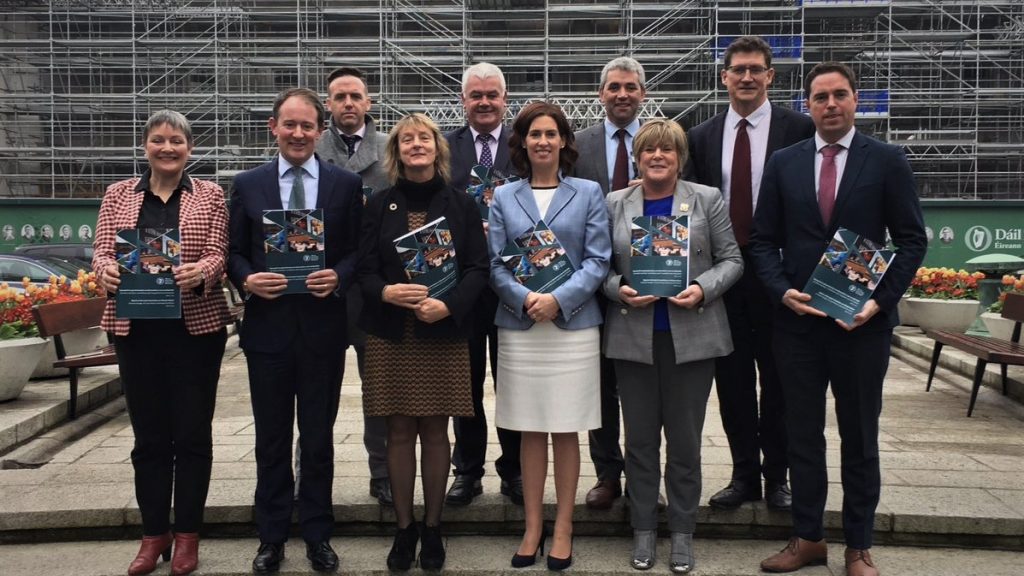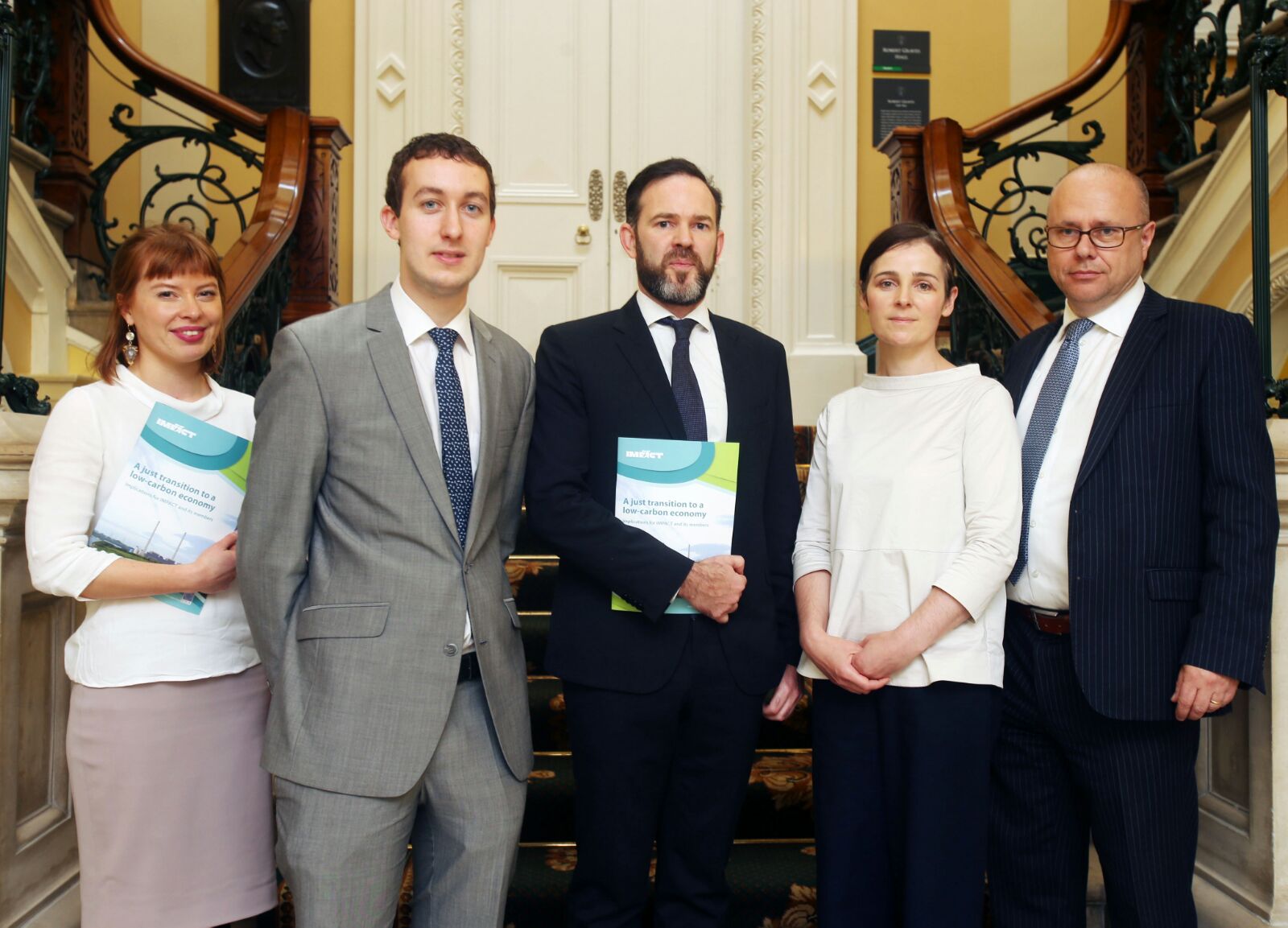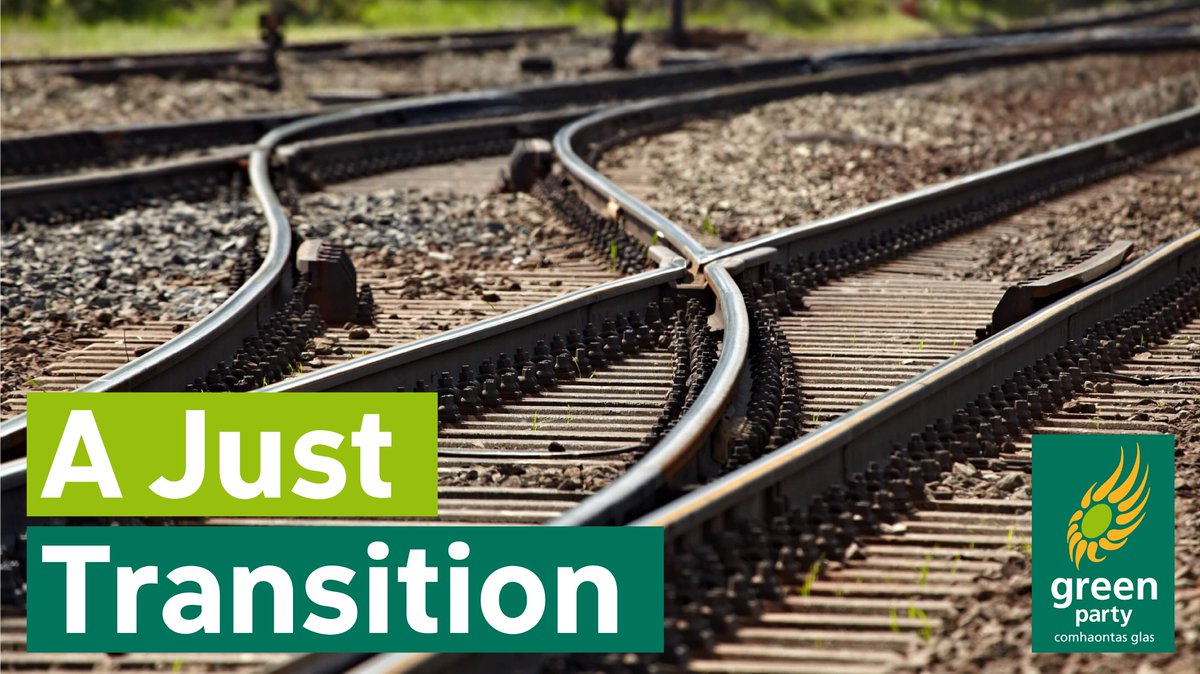Carbon tax positive for climate and income inequality, ESRI

June 6th, 2019
A revised carbon tax model could have a positive impact on reducing both emissions and income inequality, according to the Economic and Social Research Institute (ESRI).
A new study from the research institute estimates that if the tax was raised to €30 per tonne of carbon emitted, national carbon emissions would fall by 3.9 per cent.
Raised to €80 per tonne, the study goes on to find, emissions could drop by over 10 per cent.
The carbon tax, introduced in 2013, applies to kerosene, marked gas oil, liquid petroleum gas, fuel oil, natural gas and solid fuels.
Currently, the state’s carbon tax is fixed at €20 per tonne. The tax was expected to climb up to €30 per tonne in this year’s budget, however, the increase was dropped following last-minute cabinet discussions.
As it stands, the ESRI report finds, carbon taxation is regressive with lower-earning households spending a greater proportion of their income on the tax than more well-off earners.
However, the report states, if revenues raised are returned to households in a manner that targets poorer households, income inequality could be reduced by between 1.2 and 2.8 per cent.
The calculations made by the ESRI were based on data from the 2015 – 2016 Household Budget Survey.

The all-party Climate Action Committee report has recommended that the existing carbon tax be increased to €80 per tonne by 2030 with supports and protection mechanisms in place.
The document goes on to recommend a public consultation on whether the carbon tax returns should be returned to citizens equally as a carbon dividend, or spend them on targetting fuel poverty and supporting climate action.
The Committee was established last July to consider the recommendations of the Citizen’s Assembly on how the State can lead on climate action, one of which was a higher carbon tax with revenue ring-fenced for renewable energy grants, retrofitting and flood defences.
The Assembly also recommended that any increase in taxation would not have to be paid by the 400,000 households currently in receipt of fuel allowance.
The carbon tax increase recommendation was included in the report, despite Sinn Fein and People Before Profit opposing the measure.
An increase in carbon tax “doesn’t actually change people’s behavior, and there’s no evidence that it reduces emissions,” says People Before Profit TD Brid Smith, stressing that “only state intervention will.”
“We need to stop taking fossil fuels out of the ground, fund the retrofitting of homes, have free and frequent public transport, and deliver on the provision of renewable energy on a massive scale,” Ms Smith told The Green News.
[x_author title=”About the Author”]







